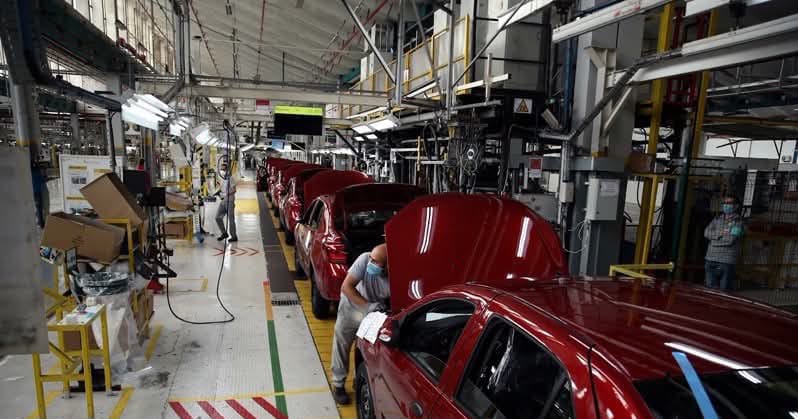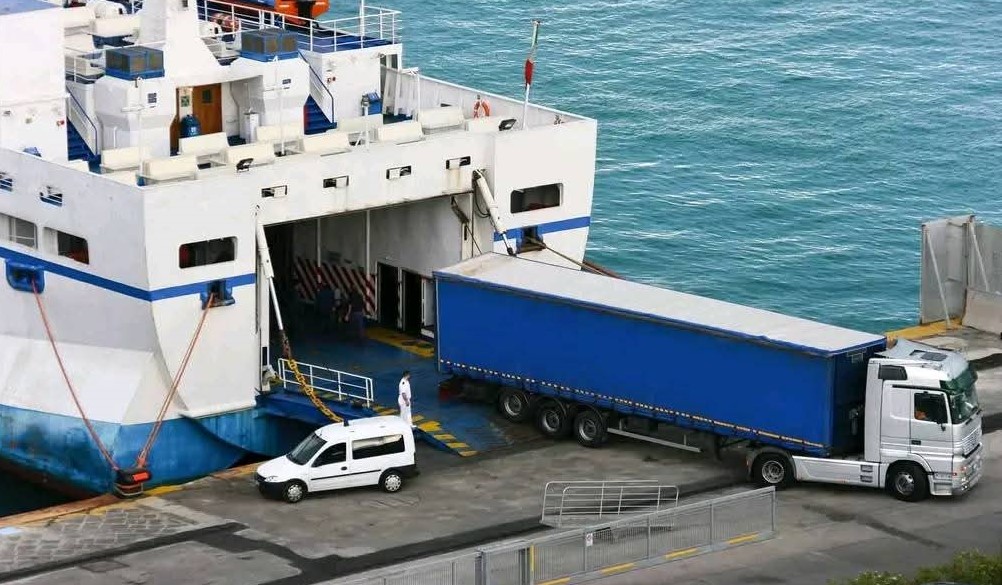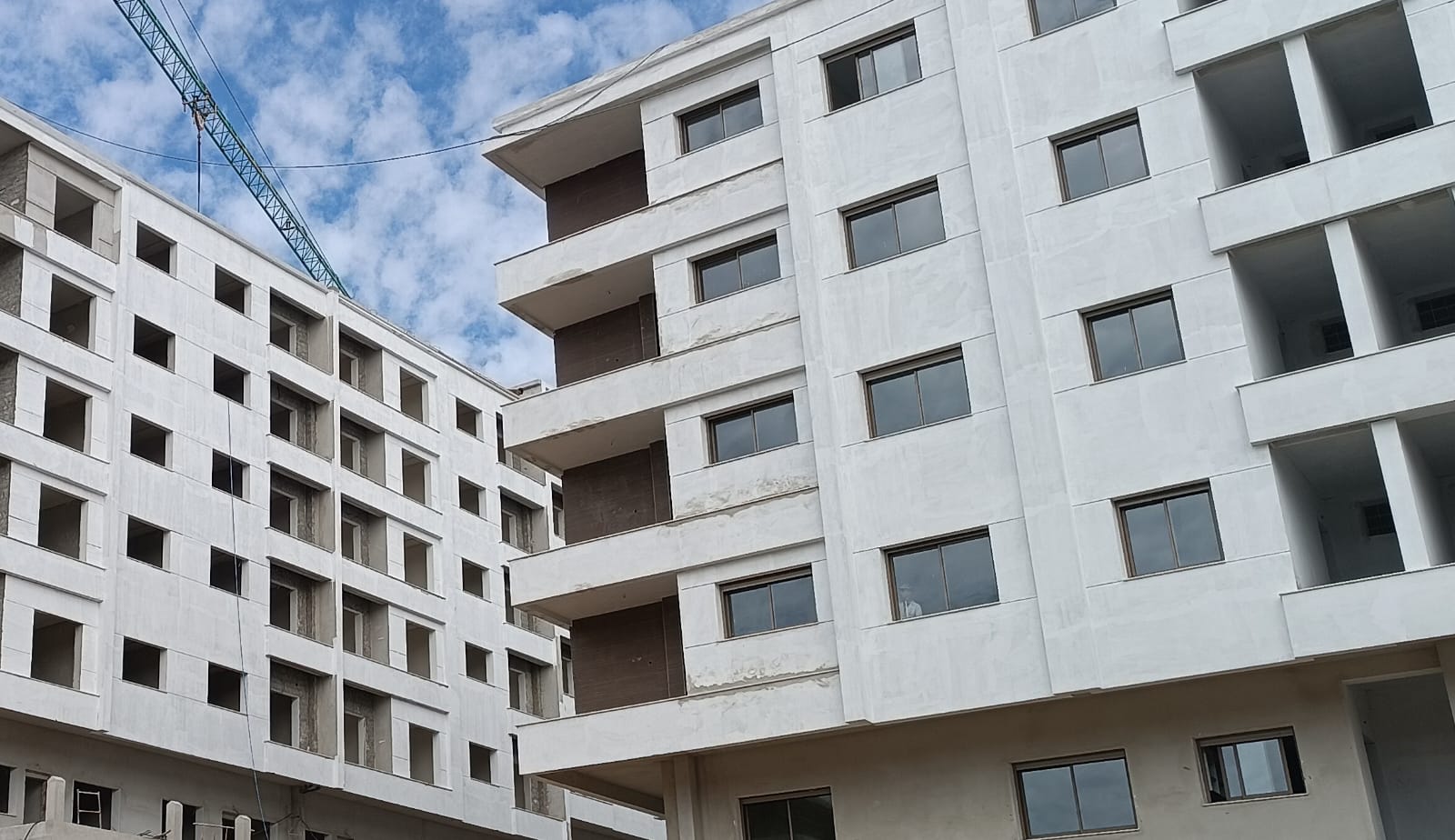Casablanca – Morocco’s automotive sector has witnessed remarkable growth in recent years, solidifying the country’s status as a major production and export hub for vehicles destined for European markets. With significant investments in Industrial Acceleration Zones (IAZs) and strategic logistics infrastructure, Morocco continues to enhance its role in the global automotive supply chain.
Booming car exports to Europe
A prime example of Morocco’s expanding automotive footprint is the Port of Vigo in Spain, which saw a 36% increase in Moroccan car shipments in 2024. According to Automotive LOGISTICS, more than 32,700 vehicles were transported from Morocco to Vigo last year, contributing to the port’s strong position among Europe’s top vehicle-handling facilities.
This surge in exports reflects Morocco’s growing manufacturing capacity and its ability to supply major global automakers such as Ford, Mercedes-Benz, and Stellantis, all of which utilize Vigo for European distribution. Overall, the port handled over 657,000 vehicles in 2024, maintaining its competitive edge in the European automotive logistics sector.
Industrial acceleration zones: Catalysts for growth
Morocco’s Industrial Acceleration Zones (IAZs) have played a critical role in driving the country’s automotive success. These zones, including Tangier Med, Casablanca Automotive City, Midparc, and Tangier Automotive City, offer state-of-the-art infrastructure, optimal transport connectivity, and attractive tax incentives that encourage both local and international investments.
By fostering a highly integrated supply chain, these zones enable Morocco to efficiently manufacture and export vehicles at competitive costs. With the Port of Tangier Med serving as one of the world’s largest vehicle export terminals, Moroccan-made cars can be swiftly shipped to European markets, reinforcing the country’s strategic location as a trade bridge between Africa and Europe.
Technology and innovation in automotive logistics
The future of Morocco’s automotive logistics industry is closely tied to technological advancements. Logistics professionals now utilize real-time tracking systems, automated warehouses, and AI-powered supply chain management tools to optimize operations.
Key innovations include:
- Vehicle traceability using digital tracking systems.
- Automated inventory management for faster processing.
- AI-driven route optimization to reduce delivery times and costs.
These advancements not only enhance efficiency but also position Morocco as a leader in modern automotive logistics, ensuring that manufacturers and suppliers can meet global market demands with precision.
Commitment to sustainability in automotive logistics
As the automotive industry shifts towards sustainability, Morocco is actively integrating eco-friendly practices into its logistics operations. Efforts include:
- The adoption of electric transport vehicles to reduce carbon emissions.
- Waste reduction and responsible resource management within IAZs.
- Implementation of strict environmental policies to promote green logistics.
The resumption of trade relations with Algeria has further boosted Morocco’s automotive exports. In 2024, containerized vehicle shipments to Vigo grew by 58.9%, with 116 container units carrying finished vehicles—primarily from Stellantis. This growth highlights Morocco’s adaptability in navigating geopolitical challenges while maintaining a strong export flow.
Promising career prospects in automotive logistics
With the continued expansion of Morocco’s automotive sector, job opportunities in logistics and supply chain management are on the rise. Highly sought-after roles include:
- Supply chain managers ensuring smooth coordination between manufacturers and distributors.
- Transport planners optimizing vehicle movement and delivery.
- Warehouse specialists managing storage and inventory.
Investments in training programs and technical education further strengthen Morocco’s workforce, making it a premier destination for professionals looking to build a career in automotive logistics.
The road ahead: A bright future for Morocco’s automotive industry
Several key factors are driving Morocco’s continued success in the automotive sector:
- Massive investments in logistics infrastructure, including expanded port and road networks.
- Development of a skilled workforce, positioning Morocco as an industrial hub.
- Rising global demand for automobiles, which Morocco is well-equipped to supply.
- Strategic partnerships with international automakers, enhancing the country’s global competitiveness.
As Morocco continues to innovate, invest, and expand its automotive sector, its position as a leading vehicle exporter to Europe is stronger than ever. The combination of modern logistics, advanced technology, and sustainability initiatives ensures that Morocco will remain a key player in the global automotive industry for years to come.















